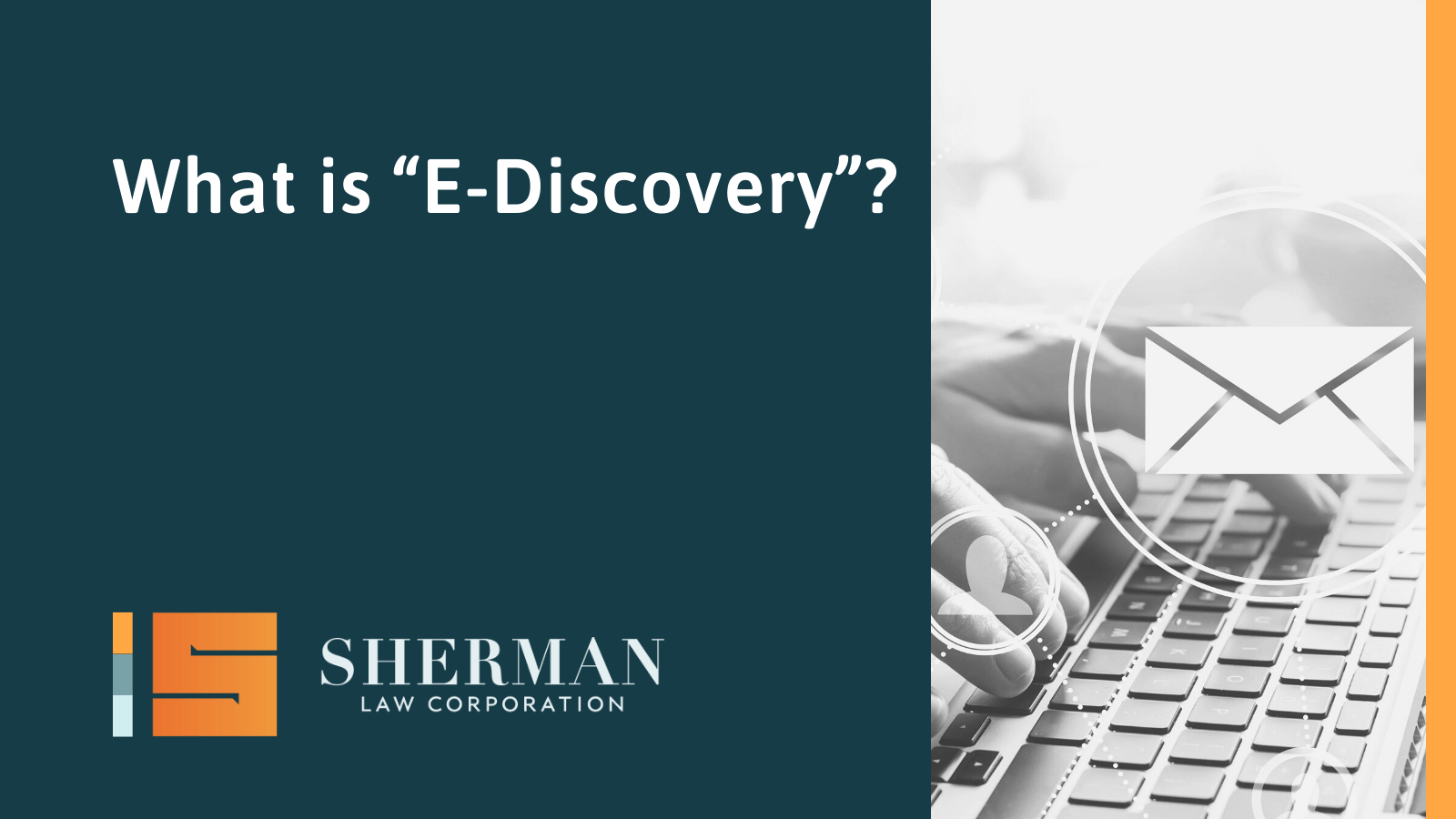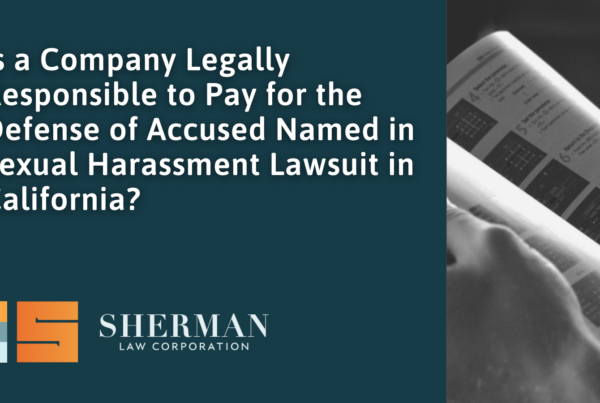
What is “E-Discovery” In Regards to Employment Litigation?
Once a lawsuit is filed and served on the other parties, the parties to the lawsuit start what is called the discovery phase of litigation. This consists of various methods of gathering information – paper documents, handwritten notes and electronically stored information (ESI) relevant to the allegations, defenses, and parties to the lawsuit. Unless a discovery dispute arises or discovery responses are relevant to some other issue in the case, discovery usually takes place outside of the courtroom.
E-discovery governs the discovery of all ESI potentially relevant to a lawsuit. Because all employment matters involve some sort of electronic communications or digitally created, scanned, transmitted, and/or stored documents, compliance with California’s E-discovery rules is required. Different forums have different e-discovery rules.
As soon as party is put on notice of anticipated litigation, each party must issue legal holds to all possible custodians of information (including ESI) relevant to the subject matter and immediately identify and preserve all information relevant to the subject matter in its native (original) state with all metadata (information on data, such as when an email was created, sent, etc.) that must be preserved, document the process and periodically confirm compliance.
At the beginning of litigation, counsel, in conjunction with E-discovery consultants, where necessary, must ascertain all relevant custodians, obtain information on client’s electronic systems/ devices, storage, software, hardware, networks, systems, data storage platforms, back up, remote access/storage, specialized programs, accessibility/inaccessibility/data deletion, retention policies, locations and types of ESI that are potentially discoverable, data format that will be requested, etc. Counsel will also notify opposing parties that e-discovery will be sought, and initiate required meet and confer obligations with other parties on their systems, devices, custodians, and ESI seeking agreement on scope of discovery, custodians, preservation, means of collecting information and by whom, developing search terms, evaluating and understanding limitations on accessibility, sampling methodology, costs, review and timing and format of production of non-privileged ESI.




